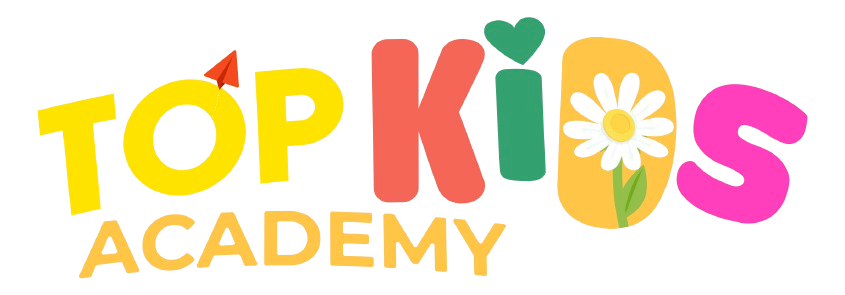Frequently Asked Questions (FAQs)
Below are common questions from parents before enrolling their child at Sakura. If you have any other inquiries, please contact Sakura’s customer service department, and we will assist you immediately.
Sign up for consultation
Frequently Asked Questions (FAQs)
The cost of organizing and operating Montessori classrooms is typically higher than that of traditional classrooms because Montessori teachers must undergo specialized training and certification. Additionally, the cost of purchasing Montessori materials and high-quality classroom furnishings is higher than that of traditional classrooms.
The tuition fees at Montessori schools depend on various factors, including operational costs such as property expenses, teacher salaries, school size, and curriculum structure.
The school will refund tuition fees in case the student is absent for a long period of time and the consecutive absence lasts from 2 weeks to 1 month.
During the temporary absence, the student will have 50% of the tuition fee reserved. The reserved tuition fee will be deducted from the tuition fee of the following semester when the student returns to school.
The school has a 3-8% discount policy for students who pay tuition for 2 or more terms at a time. This incentive is only applicable when paying full tuition according to financial policy regulations.
In addition, the school also has a 10% discount policy for the second child who is a sibling studying at Sakura Montessori Kindergarten and The Dewey Schools. In case of 3 or more children, please contact the school for more details.
In addition, the tuition discount policy will change according to different stages and periods.
Does the school have a tuition discount policy?
The school has its own and centralized kitchen:
- SMIS’s kitchen area: 250m2
SMIS’s food supply sources select reputable suppliers with Food Safety certification.
- Poultry meat: Japanese organic EMRO – Giang Nam Farm, Bac Ninh
- Livestock meat: non-organic – GMO – Revofood Food Company, Hung Yen
- Vegetables: Hoa Vien Farm – Dai Ngan Vegetables, Hanoi; Tomita Profarm, Hanoi..
- Clean, Japanese-standard Chicken Eggs – Tamago
- Fish/seafood: natural, high quality – Khanh Phu Quoc Seafood Trading Company.
- Spices: Russian organic sunflower oil, Thuyen Nan fish sauce, palm sugar …
- Imported oldenburger milk, Vinamilk yogurt, yakul yogurt …
- Regional fruits: Cooperatives growing and exporting fruits in major fruit granaries: Tien Giang, Dong Thap, Binh Thuan …
- Both groups of children have 3 meals/day including: breakfast, lunch and afternoon snack.
- Each week, children will have at least 3 meals of yogurt, 3 meals of fresh milk and other juices, smoothies…
- Fruit desserts are included in the children’s daily menu.
- For the 0~3 year old group, the menu includes porridge or rice for parents to choose from.
- The school uses organic foods, natural foods… to prepare children’s daily meals. The school menu is built based on nutritional standards according to the regulations of the Ministry of Education and Training and the advice of Japanese nutrition experts to ensure adequate quality and quantity.
- Help children develop comprehensively in terms of physical, social, emotional, aesthetic and cognitive skills through lessons and activities.
- Create in children a sense of independence, self-discipline, ability to concentrate and sensitivity to the surrounding environment.
- Create conditions for children to freely pursue knowledge and skills that best suit their own development. Arouse children’s inherent love of learning.
- Develop self-confidence. Thinking and creative abilities.
- Practice patience and determination to complete the chosen work.
- Have subjective, independent observations, the ability to judge and solve problems on their own.
- Know how to care about the surrounding community, know how to help and share.
- Is a pedagogical approach to educating children based on the research and experiences of Italian physician and educator Maria Montessori (1870–1952). This is a method with a special educational process based on learning through the senses.
- Child-centered educational method, children learn in a prepared environment, through specially designed visual aids and under the support and guidance of teachers who have been professionally trained.
- Classes are not age-specific (mixed learning for 15th ~ 2.5 years old and 2.5 years old ~ 6 years old)
- Children are free to choose activities that suit their developmental needs and interests.
- Teachers observe and guide children according to each child’s ability to thereby awaken their inherent potential.
- All teachers will be regularly evaluated by both ERPC and the school board to ensure quality teaching.
- All English teachers will participate in training this summer and continue to receive training throughout the year.


 Tiếng Việt
Tiếng Việt